Latest news
Stay up to date on the latest activities and publications from hera
Archive
- 2023
- Aarti Patel
- Accountability
- Afghanistan
- Africa
- Alejandra Martinez
- Alice Behrendt
- Alice Peschiutta
- Angola
- Anne Buve
- Argentina
- Asia Pacific
- Assessment
- Bangladesh
- Basic Health Services / Primary health care
- Behaviour Change Communication
- Belize
- Benin (Dahomey)
- Botswana
- Cabo Verde
- Calvin Tonga
- Caribbean
- Central Asia
- Child Protection
- Child and adolescent health
- Children
- Cholera
- Communicable diseases (CD)
- Community Engagement
- Community Health Workers
- Comoros
- Costing studies
- Country Capacity
- Covid-19
- Crisis Management
- DESIP
- DRC
- Demand side financing
- Development
- Development Cooperation
- Dia Timmermans
- Diarrhoea
- Drug Pricing
- Drug Regulatory Authority
- Ebola
- Ecuador
- Ed Vreeke
- Education
- El Salvador
- Eléonore Deboutte

A pandemic of inequality – A message for Universal Health Coverage (UHC) day 2021
On UHC day, December 12th, 2021, hera joins the call for broad-scale political and economic action to achieve Universal Health Coverage (UHC), leaving no one behind.

Evaluation of the roadmap "demographic dynamics in Africa 2017-2021" (AFD)
hera was tasked with evaluating the mid-term progress on the Agence Française de Développement’s (AFD) "Demographic Dynamics in Africa" roadmap. The team assessed various departments like education, health, and governance to understand AFD's contributions to public policy and development results. The evaluation provided insights for a future cross-cutting intervention framework and recommendations to improve future efforts. It also offered a valuable self-reflection for AFD, showcasing their achievements, historical integration of demographics, and areas for improvement.
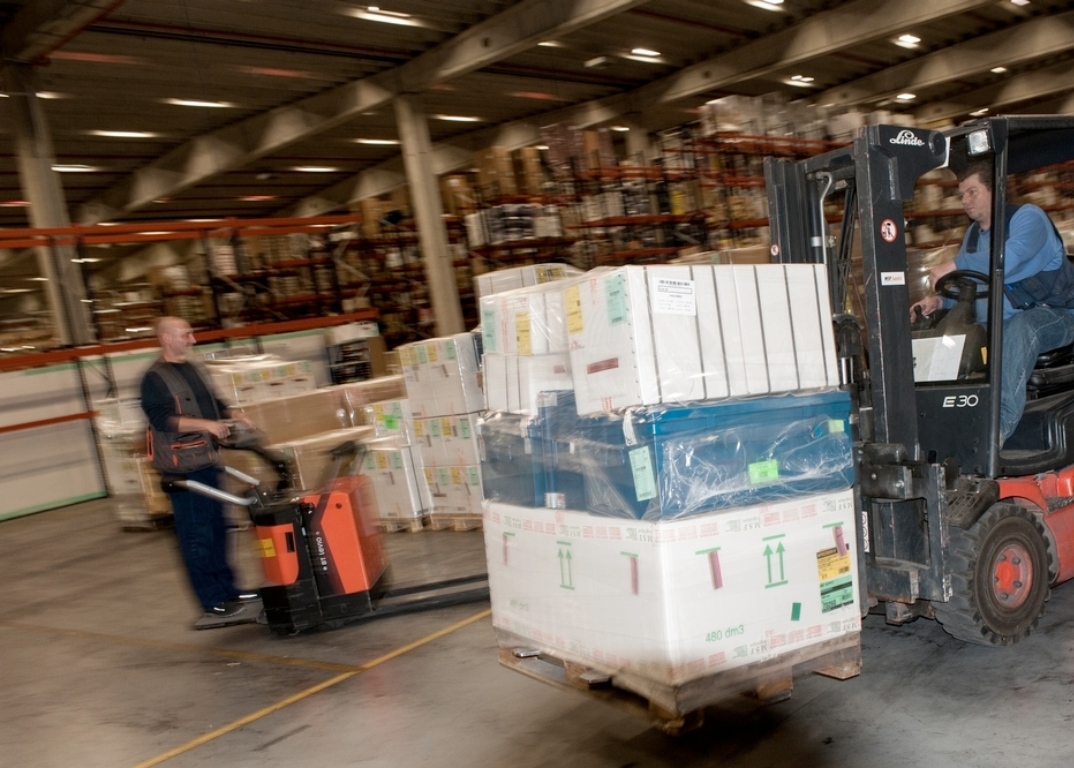
Evaluation of the Médecins Sans Frontières (MSF) Operational Centre Brussels (OCB) Supply
MSF's Brussels supply chain aims to deliver critical medical supplies efficiently to complex areas. To assess its effectiveness, hera conducted an evaluation in 2021. This evaluation analyzed how well the supply chain met its goals, identified strengths and weaknesses, and provided recommendations for improvement, ultimately helping MSF optimize its life-saving operations.
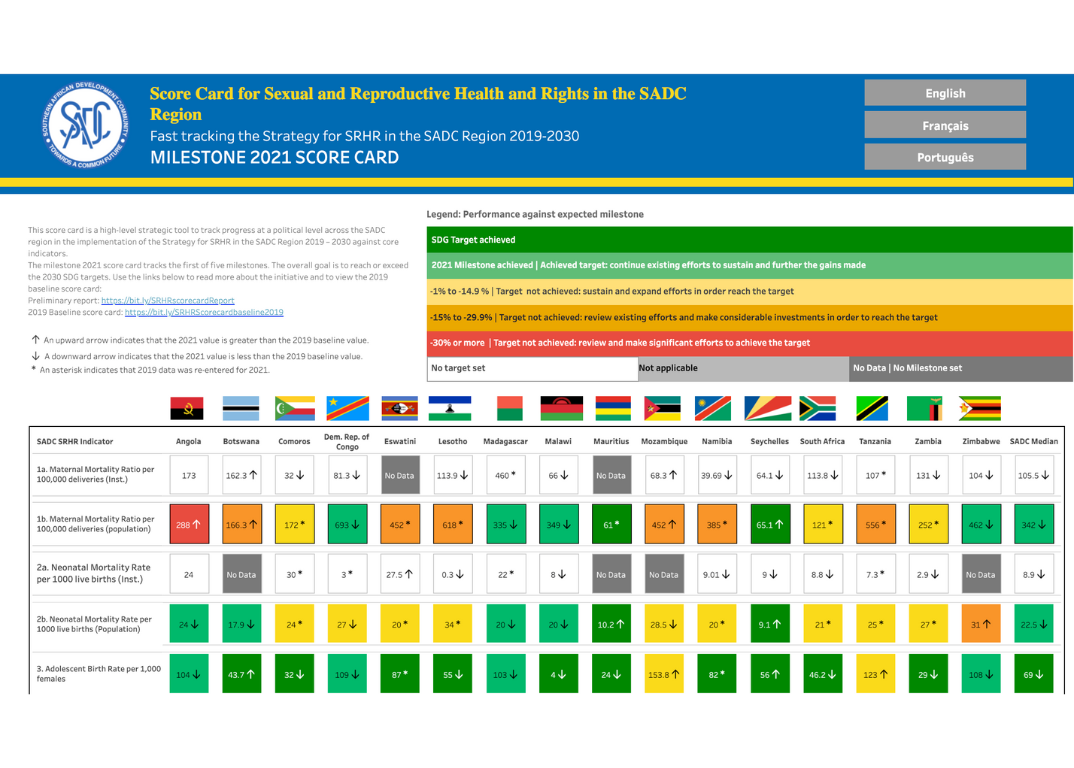
The Sexual and Reproductive Health and Rights (SRHR) scorecard of the Southern African Development Community (SADC)
The SRHR SADC Scorecard is a high-level peer review accountability tool to track progress of the Region in achieving the SADC Regional Strategy for SRHR 2019-2030 and the SRHR targets of the Sustainable Development Goals. It consists of 20 key indicators to track progress in meeting the 10 outcomes of the strategy. Member States are to report every two years on progress made against the SADC Scorecard.

Launch of the 2021 UNFPA State of the world population report - My Body is My Own
The 2021 UNFPA report highlights the critical need for bodily autonomy. COVID-19 worsened the problem, with increased gender-based violence and limitations on healthcare access. The report acknowledges challenges faced by diverse groups. hera's research on women's decision-making around sexual health contributed to the report, with a focus on agency that goes beyond access to services.

hera to support Health Systems Global in developing a new 5-year strategic plan
A hera team, led by CEO Leen Jille and Associate Partner Giorgia Lattanzi, has been selected to support Health Systems Global (HSG) in developing its next 5-Year Strategic plan covering 2021-2026. The aim is to develop a strategic framework that continues to position HSG at “the forefront of health systems policy and research within the changing landscape of global health.”
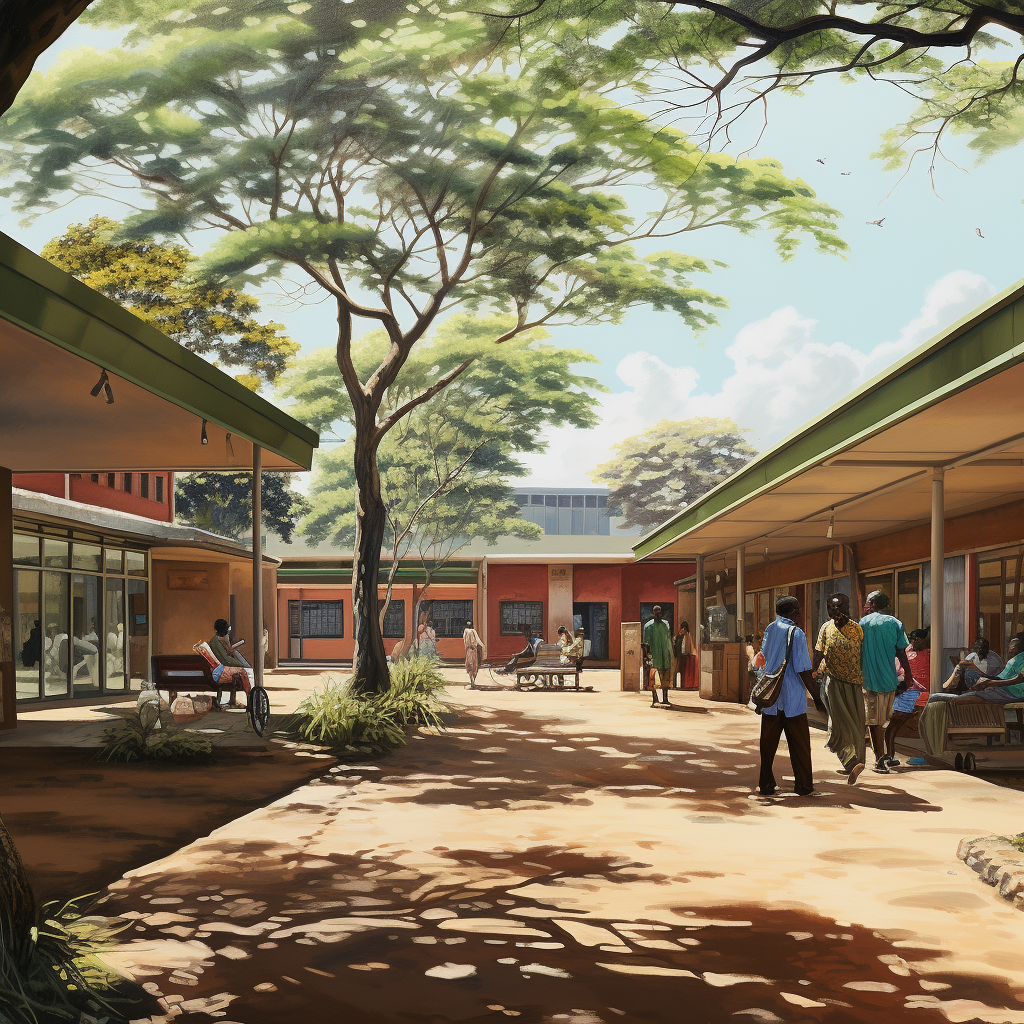
Evaluating the Suitability of Results-Based Financing for UNFPA Family Planning Supplies
A team from hera undertook a mission to evaluate a Results-Based Financing (RBF) pilot program for UNFPA family planning supplies. Their tasks involved verifying reported results through case studies and assessing the program's efficiency, effectiveness, and alignment to principles, providing valuable insights for improving the initiative's impact and promoting collaboration among stakeholders.
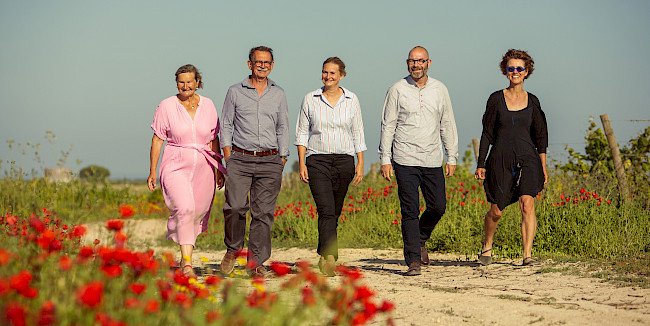

hera supports the government of Mongolia in improving access to affordable medicines
The Mongolian Vice Minister of Health, Byambsuren Lamjav, met with a hera team in October to discuss ongoing work on improving access to affordable medicines in public hospitals in Mongolia. hera is providing technical assistance to the new government under an Asian Development Bank cooperative project.

Gender specialist Justine Jensen joins the hera partner co-operative
A warm welcome for hera’s newest partner!

Gender, HIV and Youth Mainstreaming Strategy of the Seed Knowledge Initiative (SKI)
SKI is comprised of 16 partner organisations in Malawi, Zambia, Zimbabwe and South Africa with the aim of improving farmer-led seed knowledge systems and helping smallholder farmers to become more seed, food and nutritionally secure.
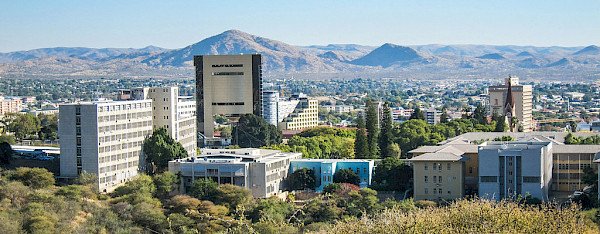
Procurement for health in Namibia
UNICEF and USAID partnered with hera to improve healthcare procurement in Namibia. This collaboration aimed to deliver better value for money and improve health services at the community level. The project focused on identifying and addressing inefficiencies in the system. hera reviewed past analyses, facilitated dialogue between government ministries, and recommended versatile solutions.

Switching the Poles
Assessment of a Belgian government-funded program run by the Institute of Tropical Medicine (ITM), which aims to build research and healthcare capacity in developing countries. Evaluators reviewed 24 projects and 10 thematic networks across 18 countries and came forward with findings that will inform future collaborations to improve global health.
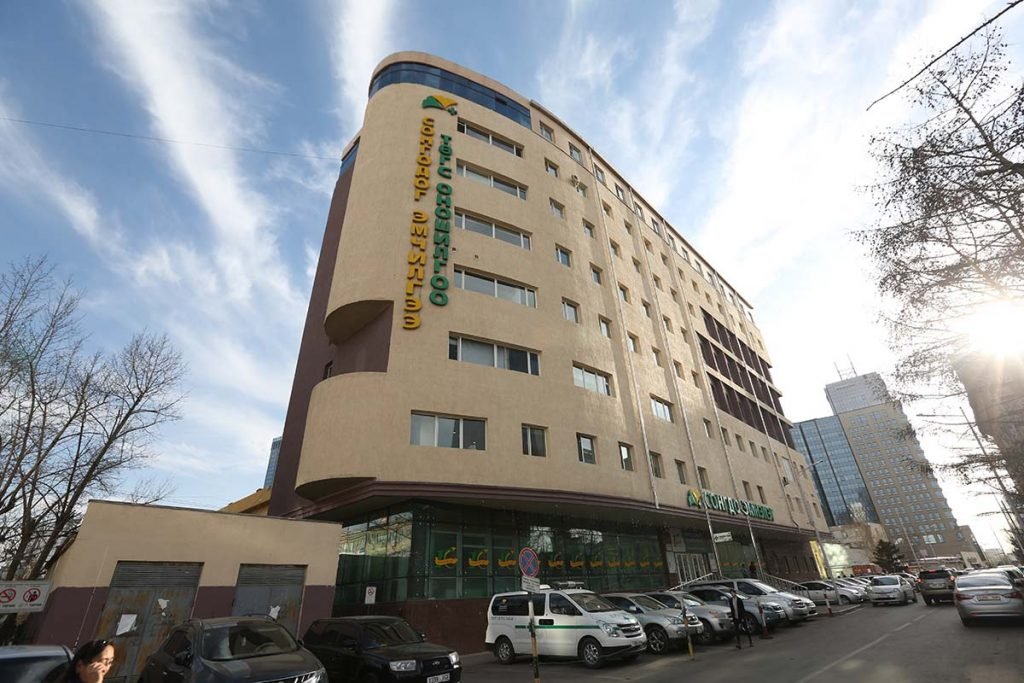
Final evaluation of the project Consolidating Cardiovascular Services at the national cardiac centre in Mongolia
hera partner Michèle Kosremelli Asmar is part of the PROMAN consortium implementing the Third-Party Monitoring of the Lebanon Health Programme for Syrian Refugees and Vulnerable Lebanese Population funded by the European Union through the MADAD fund.
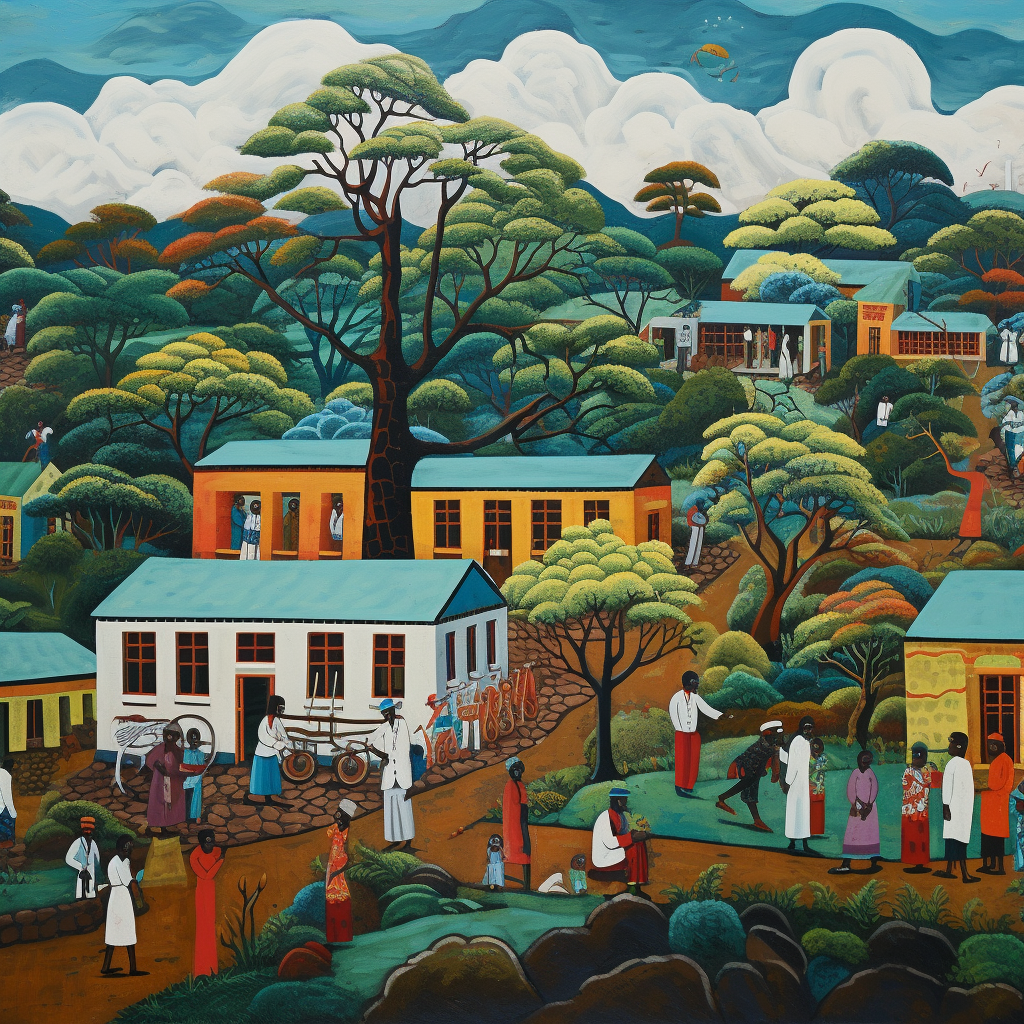
Mozambique - MTR cooperation Flanders Mozambique - Flanders BuZa
hera's MTR evaluated implementation progress, identified challenges, and provided recommendations for improvement. The findings helped shape the subsequent CSP phase, emphasizing innovation and addressing key healthcare issues.
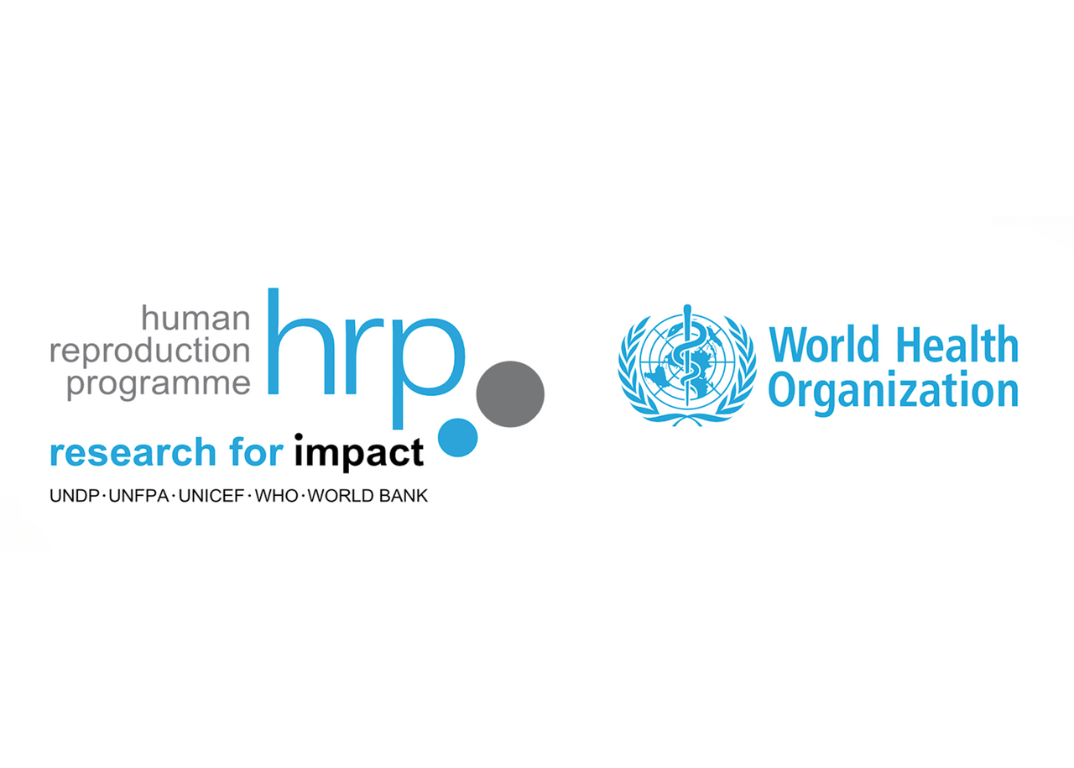
External Evaluation of the UNDP-UNFPA-UNICEF-WHO-World Bank Special Programme of Research, Development and Research Training in Human Reproduction (HRP) 2013-2017
hera was selected to conduct the fourth external evaluation of the HRP covering the period from January 2013 to December 2017.
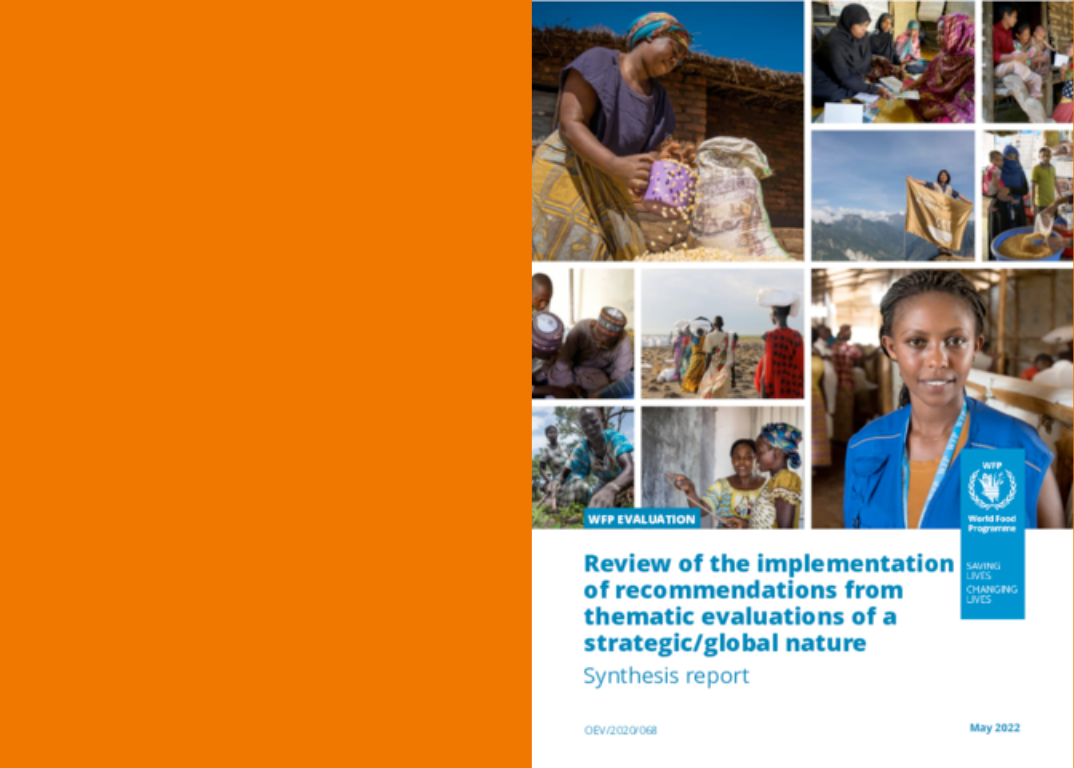
Review of the implementation of recommendations from thematic evaluations of a strategic/global nature
This review of the implementation of recommendations from global evaluations aims to promote the use of evaluation evidence for learning and accountability purposes and highlights areas for action where WFP can maximize the achievement of its mission.
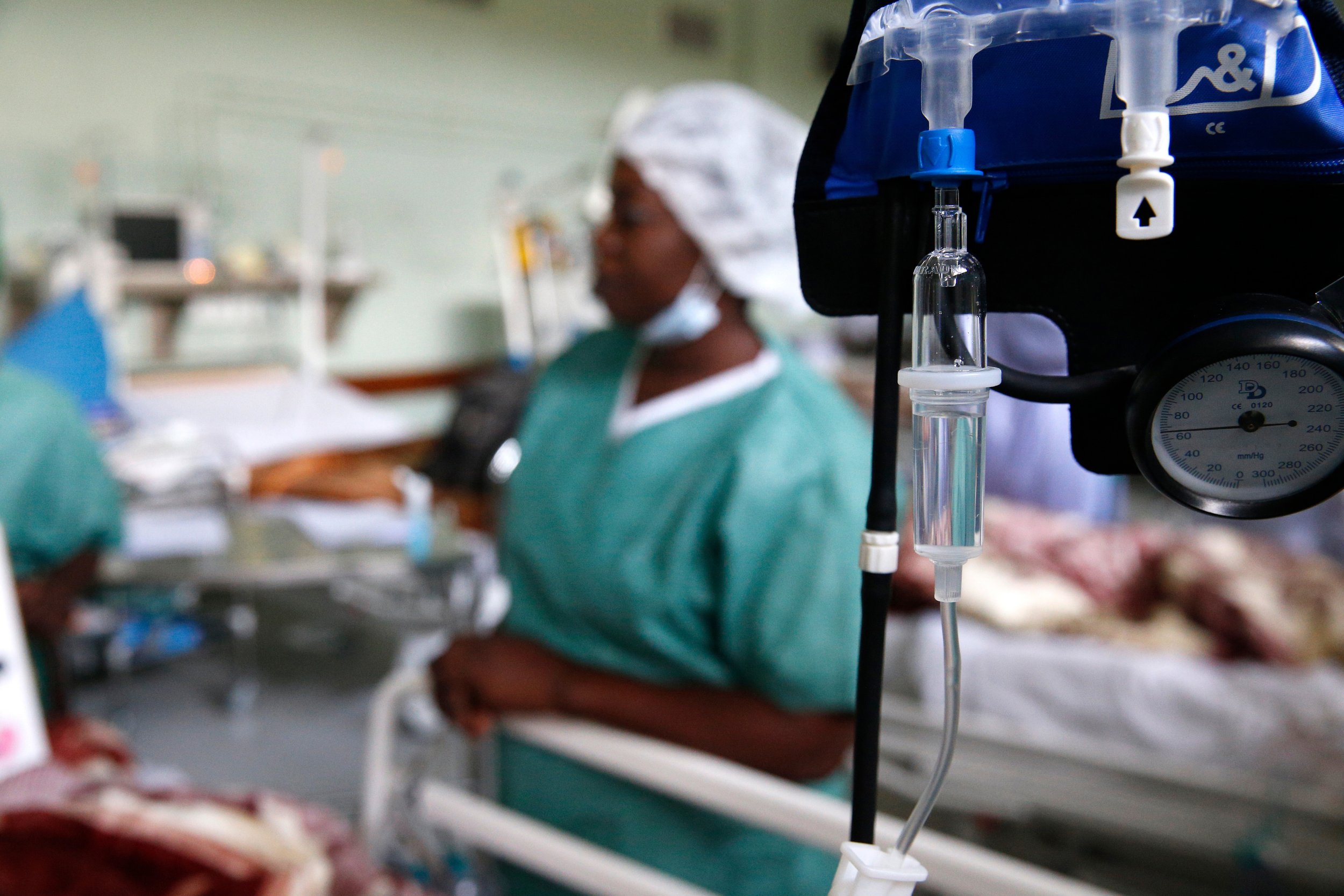
Bridging the Gap in Health Care Services in DRC with the ASSR Programme
Operating in four provinces of DRC – Nord Ubangi, Kasai, Kasai Central, and Maniema – the ASSR programme targets an estimated population of 9 million. The anticipated maximum value of the ASSR programme over its 18-month duration is £35 million.

hera supports EU-funded program to reduce Maternal and Child Mortality in Guinea Bissau
Over a span of four years, the hera team worked to improve access to quality healthcare for pregnant women and children under five in Guinea-Bissau.
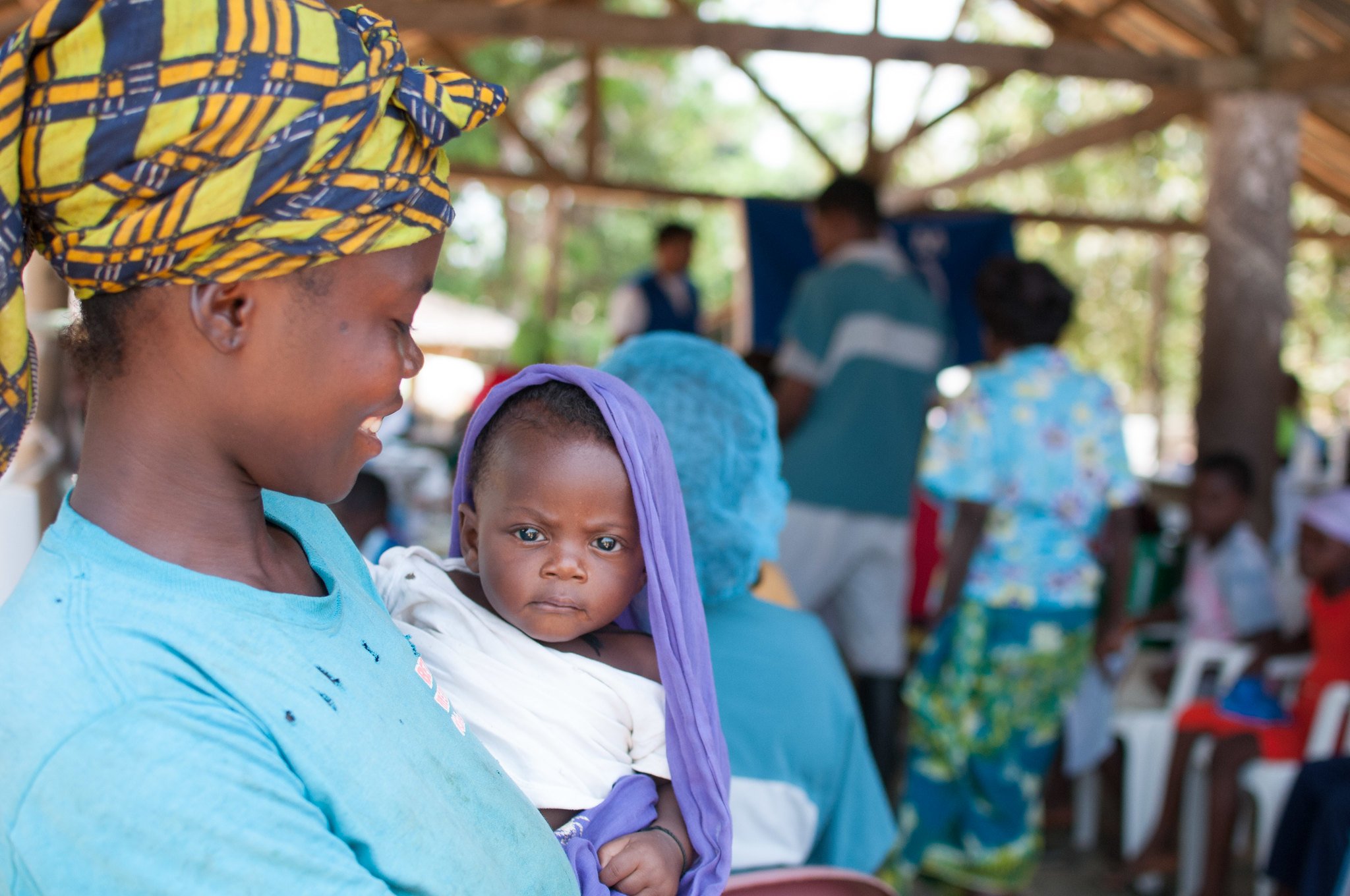
Summative evaluation of the WHO Rapid Access Expansion (RAcE) Initiative
In 2012 the government of Canada provided a grant to the WHO Global Malaria Programme (GMP) to support the scale-up of the diagnosis and treatment of children with pneumonia, diarrhoea and malaria by Community Health Workers, an approach known as integrated community case management (iCCM). The six-year programme, labeled the Rapid Access Expansion (RAcE) initiative, distinguished itself from other internationally funded iCCM programmes by aiming to achieve universal health coverage for all children in hard-to-reach areas within selected geographic boundaries.
